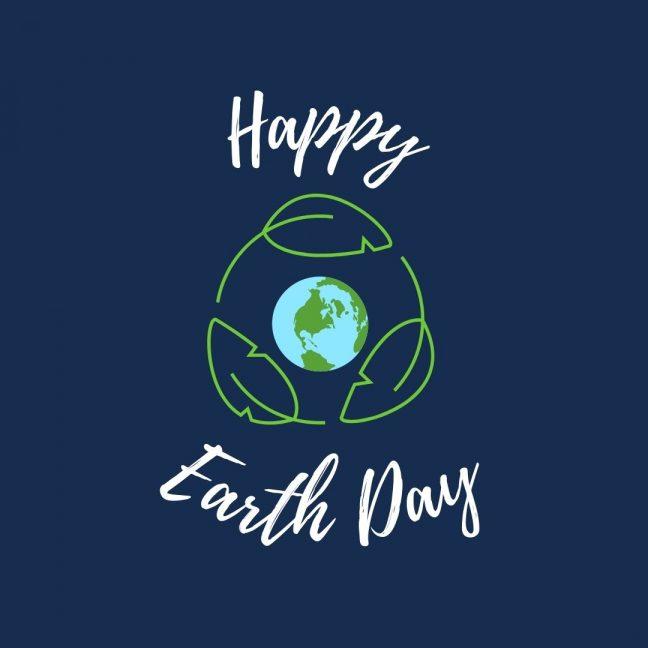Today marks the 51st anniversary of the first Earth Day. Founded by Wisconsin Senator and lifelong Badger Gaylord Nelson in 1970, Earth Day was created in response to increasing concern from the public about the state of our planet.
Nelson had the idea to hold “teach-ins” on college campuses to help mobilize young Americans and raise awareness of environmental issues that were only recently coming to light. The first Earth Day inspired organized protests all across the country, with over 20 million Americans calling for greater protection of the environment.
The movement started on this day is responsible for the creation of the Environmental Protection Agency and several other laws, like the Clean Air Act, that have protected public health and saved countless species from extinction. Over a billion people in 193 countries now celebrate the holiday, but despite this global enthusiasm, our planet’s future grows increasingly dim as each Earth Day passes.
Experts now say we’re running out of time. We have until just 2030 to make the changes necessary to prevent irreversible damage to our climate and the consequences will be catastrophic. The global sea level has already risen 8 inches since record-keeping began in 1880 and it is expected to rise another 1-8 feet before the end of the century.
President Biden has called climate change “the existential threat of our time.” Failing to take necessary measures to lower our global carbon emissions will result in extreme weather events like wildfires, droughts and tropical storms that will eventually become too severe for humans to handle.
Most people already know it is a serious threat, but many feel as though the issue is either inevitable and there is nothing they can do about it or it is someone else’s problem. But our planet will never change by waiting for someone else to take care of it.
One way students can make a difference this Earth Day is by emailing their professors asking them to set aside some time during class to hold a discussion on climate change and its impact from their subject’s perspective — similar to the “teach-ins” that inspired the holiday.
Make Climate a Class is a movement started by Dr. Eban Goodstein and the Center for Environmental Policy at Bard College with a goal to get millions of students worldwide talking about solutions to global warming by dedicating a portion of class to a discussion about climate change and its role in their field.
Climate change affects everyone and we all have an important job to do if we are going to be a part of the solution. The students at UW and other universities will be graduating and making significant decisions that have the potential to shape our climate within the next decade. It’s important that everyone, not just scientists, know what’s at stake so they can make better decisions about our planet’s future.
We can no longer claim ignorance to the impacts of climate change that we used to. For years, global warming existed only on paper. The effects used to be minimal and easy to downplay or outright deny, but that is no longer the case.
2020 was not only the hottest year to date, but had more wildfires and hurricanes than any other year on record. Climate change and extreme weather catastrophes are here and they’re not going anywhere until we make radical changes, — and change begins with education and discussion.
The fight for a clean environment is even more important now than it was in 1970. This Earth Day, take the pledge to Make Climate a Class. Set aside five minutes to send your professors this email template or visit Solve Climate by 2030 for additional information and resources on climate education.
Jack H. Hansen ([email protected]) is a sophomore studying business, philosophy and sustainability.














